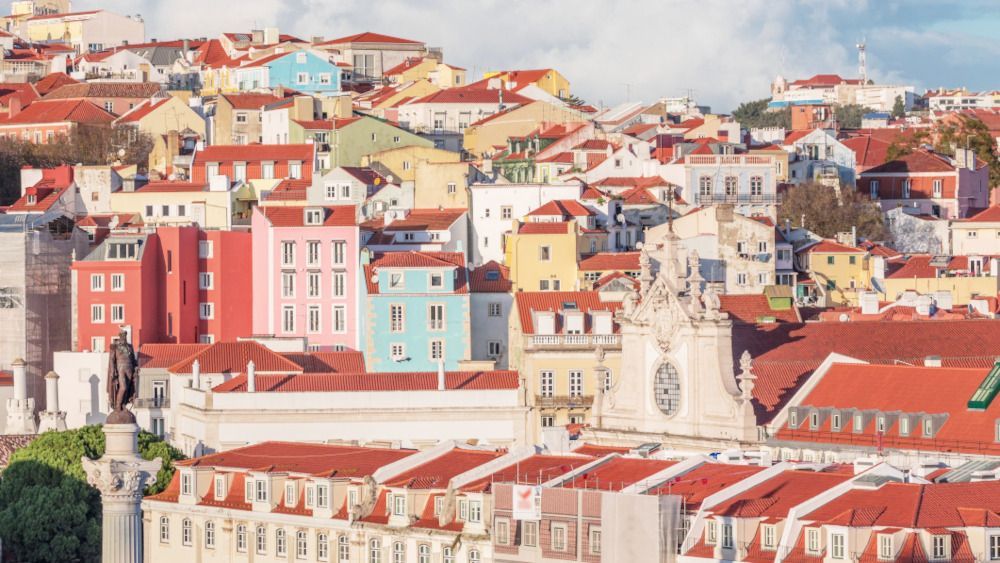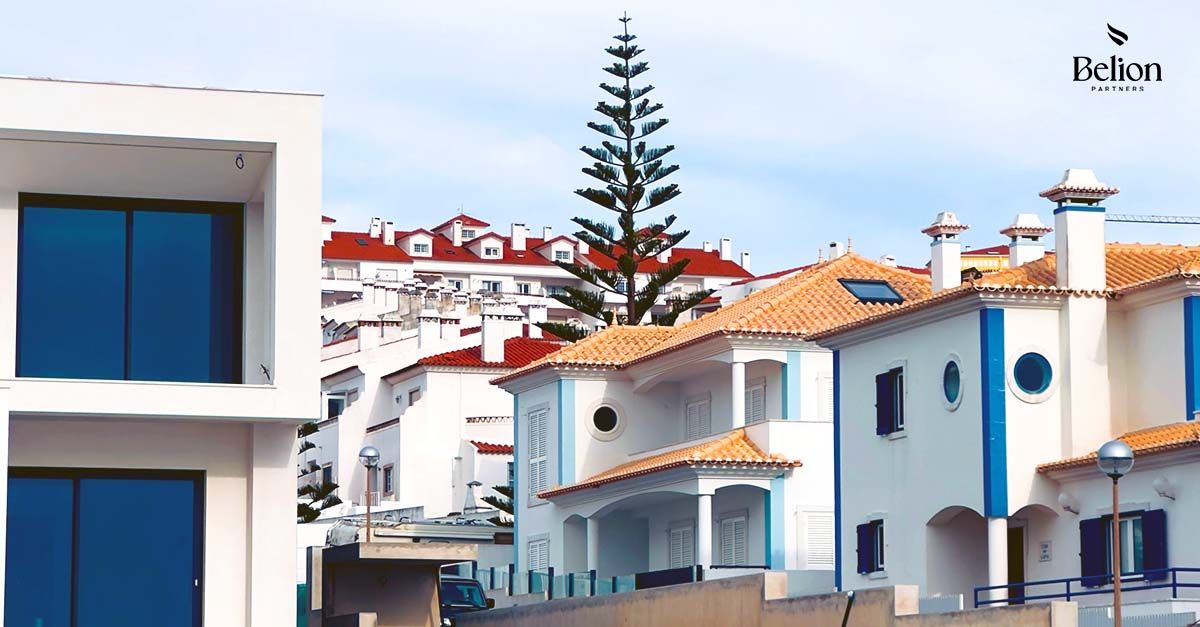Beyond the Golden Visa: Alternative Routes to Residency in Portugal
Portugal's reputation as a popular destination for expats is largely due to the success of its Golden Visa programme. However, Portugal offers a variety of attractive options for highly skilled professionals, entrepreneurs, freelancers, remote workers, digital nomads, and retirees. For these individuals, relocating to Portugal is a streamlined process, and non-EU citizens can live and work in the country through various residence permit programmes. After 5 years of being a legal permanent resident, you may be eligible for citizenship in the country, as part of Portugal residency programme.
Therefore, if you are looking to invest in Portugal or moving to the country, there are many viable options available. We invite you to explore some of these alternatives together. Non-EU nationals interested in relocating to Portugal can apply for a "D" visa, which is specifically designed for residency purposes. This type of visa can be obtained for a variety of reasons, including:
D1 Visa: Subordinate work activity
Foreigners who have received a job offer in Portugal must provide proof of their employment, such as a work contract or a letter of intent. If the profession is regulated in Portugal, the candidate must also present a professional certificate to ensure compliance with local regulations.
D2 Visa: Independent work activity or migrant entrepreneur
The Portuguese immigration regime offers a programme category for independent professionals, entrepreneurs, and Startups. To qualify for this visa, applicants must meet the following requirements:
1. Independent professionals must present a contract or a written proposal for liberal professions (such as lawyers).
2. Entrepreneurs must provide evidence of investment operations in Portugal, or at least demonstrate their intention to invest in the country.
3. Startups must participate in the Startup Visa Programme and obtain an incubation contract with a certified incubator in Portugal.
D3 Visa: Teaching, highly qualified and cultural activity
Foreigners may use this type of visa to enter Portugal for various purposes, including employment under a work contract, enrolment in a higher education institution with an invitation letter, or participation in a cultural activity sponsored by a relevant organisation in the country. If the individual is coming to Portugal to engage in highly skilled subordinate work, they must not only provide proof of employment, but their work contract must reflect a salary of at least 1.5 times the annual gross salary.
D4 Visa: Research, study, student exchange, internship and volunteer work
To qualify for this type of visa, individuals must meet the same criteria as other visa types, which include providing evidence of an established relationship with the host entity. For example, researchers must provide a work contract or a letter of acceptance from a research centre, while minors participating in exchange programs must not only provide admission documentation, but also authorisation from their legal guardians. In the case of internships, only certified host institutions can offer this opportunity to foreign citizens. Lastly, for individuals seeking volunteer opportunities in Portugal, the host entity must provide civil liability insurance for the volunteers, which is a key requirement for acceptance by the Immigration Authorities.
D5 Visa: College or University studies
Although this visa is currently included in the D4 category, it is designed specifically for higher education students who wish to continue their studies in Portugal. To qualify, applicants must provide proof of admission to an educational institution in the country.
D6 Visa: Family Reunification
Family reunification is a right afforded not only to Portuguese citizens, but also to non-Portuguese citizens who hold a valid residence permit in Portugal. As long as the primary resident's legal residency is in order, their spouse, dependent children, and first-degree ascendants are eligible to move to Portugal under the family reunification visa. Additionally, the family reunification visa may be granted to legally recognised non-marital partners of the resident.
D7 Visa: Retirement, passive income or religious purposes
Since changes were made to the Golden Visa programme last year, the D7 visa has become the most well-known and widely used type of visa. In order to clarify some previously undefined concepts, the visa is now applicable to those who can demonstrate personal revenue from sources such as movable and immovable property, intellectual or financial assets (including dividends and investment portfolios). Individuals seeking to retire in Portugal must provide documentation certifying their retirement amount, such as a pension letter, pension statements, or tax returns with pension information. Those moving to Portugal for religious purposes must obtain certification from their church or religious community indicating their status as a minister of worship or a member of an institute of consecrated life.
D8 Visa: Remote work
Following the latest changes to Portuguese law, digital nomads are now encouraged to come to Portugal and work remotely while enjoying the country's many attractions. In order to qualify as a digital nomad, applicants must provide their work or service contract, as well as proof of an average monthly income earned over the last three months that equates to at least four times the guaranteed minimum monthly salary (€760x4= €3.040,00).
In addition to the options mentioned above, non-EU citizens may also apply for a temporary residence permit to accompany a family member who has applied for a residence visa, seek employment opportunities, or make investments in Portugal.
It is important to note that all of the visas mentioned serve as the initial step in applying for a residence permit. After the application is processed at the Portuguese Consulate or Embassy, applicants will need to attend an in-person appointment at the SEF – The Immigration and Border Service in Portugal to provide biometric data such as fingerprints, a photograph, and signature. However, it is worth noting that certain visas, such as the D2, allow individuals to apply for their residence permit directly in Portugal, bypassing the initial step of visa application.
In order to obtain a residence permit in Portugal, individuals must first obtain a Portuguese Tax Identification Number (NIF), open a bank account, and secure long-term accommodation. These requirements are in place to ensure that residence permit holders comply with the stay requirements, which stipulate that individuals cannot be absent from Portugal for more than six consecutive months or a total of eight months during the first two years of the permit's validity. However, exceptions to these requirements can be made with proper justification.
Portugal is a country that has much to offer expats looking for a new home. With its mild climate, stunning natural landscapes, and low cost of living, Portugal consistently ranks among the top countries in the world for quality of life. The Portuguese people are renowned for their warm and welcoming nature, and the country is consistently ranked as one of the safest in the world. From its rich history and culture to its world-renowned food and wine, Portugal has something to offer everyone. Although changes are being made to the Golden Visa programme looking to its termination, Portugal still offers a variety of options for those looking to relocate. Whether you are seeking a new adventure, a high quality of life, or a fresh start, Portugal could be the perfect destination for you.




